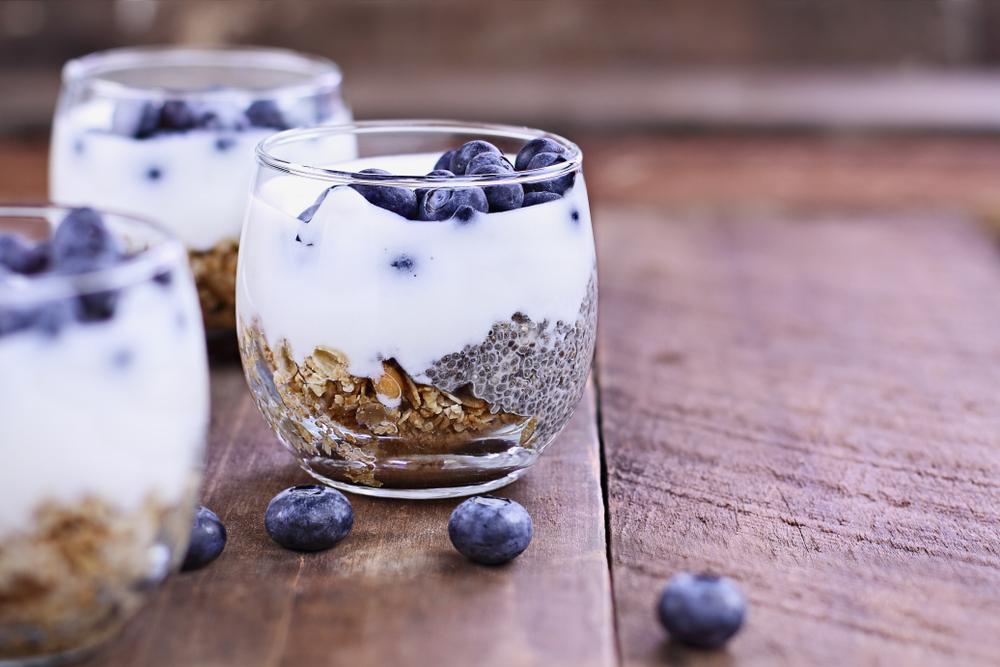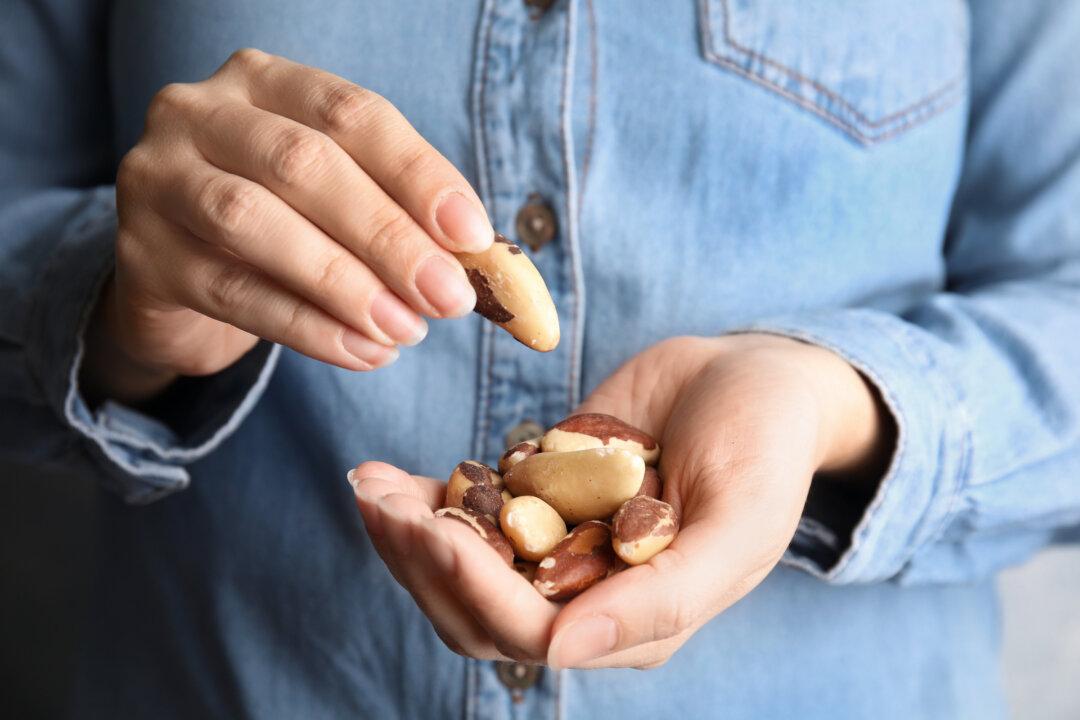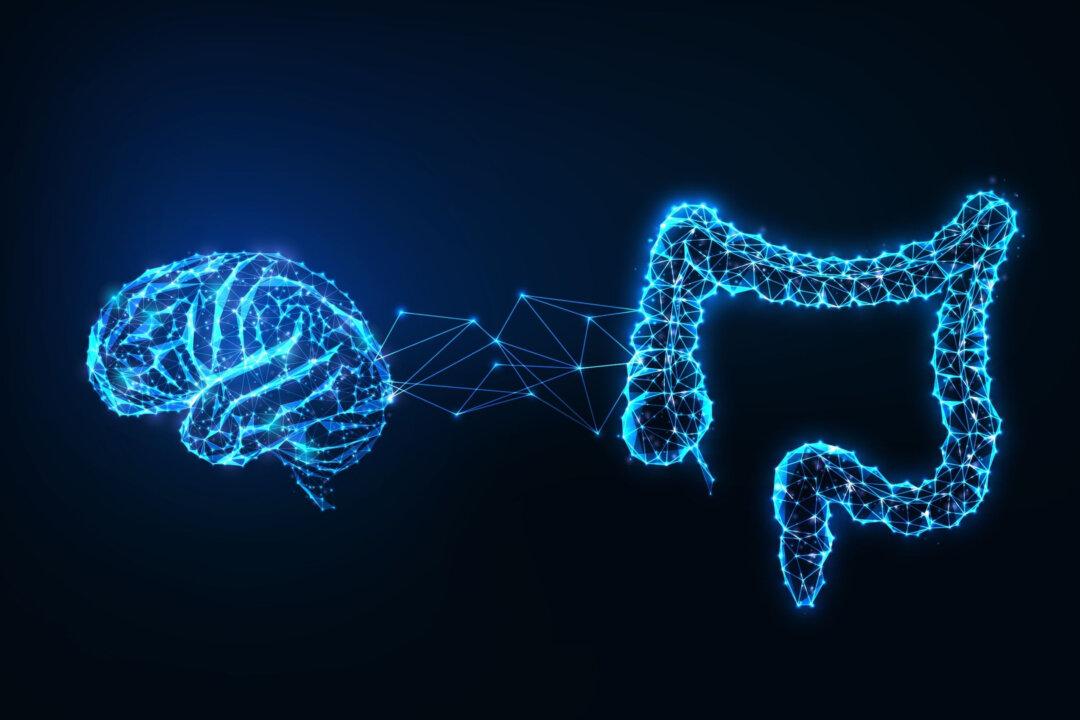Your gut can influence mood, immunity, metabolism, and the functionality of your body’s internal systems.
Starting as a journalist over 10 years ago, Mat has not only honed his belief system and approach with practical experience, but he has also worked closely with nutritionists, dieticians, athletes, and fitness professionals. He embraces natural healing methods and believes that diet, exercise and willpower are the foundation of a healthy, happy, and drug-free existence.
Author’s Selected Articles





